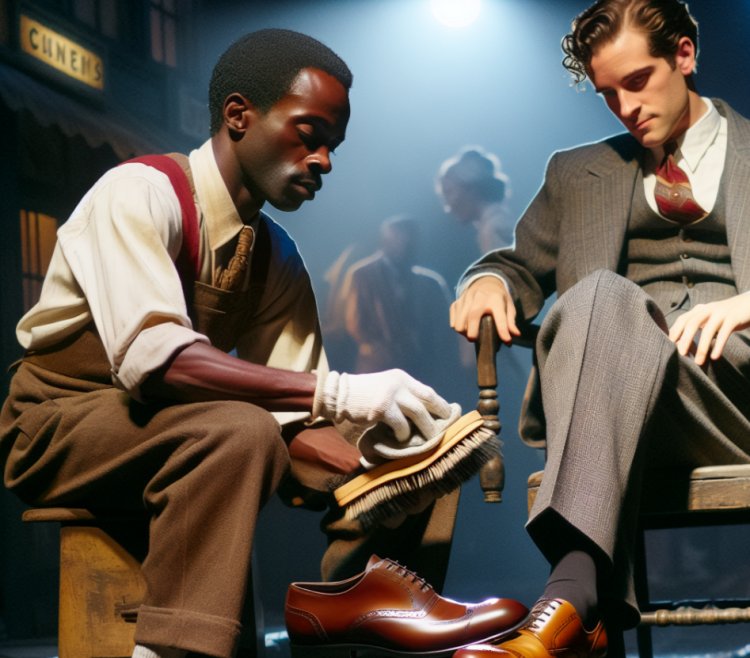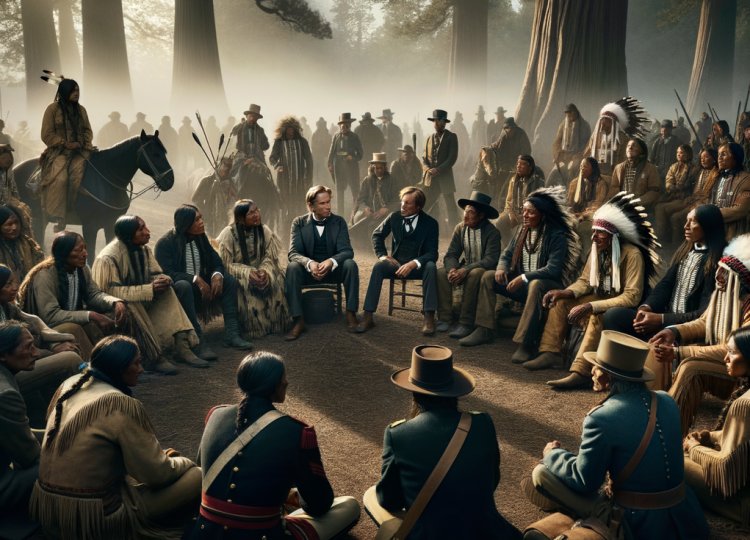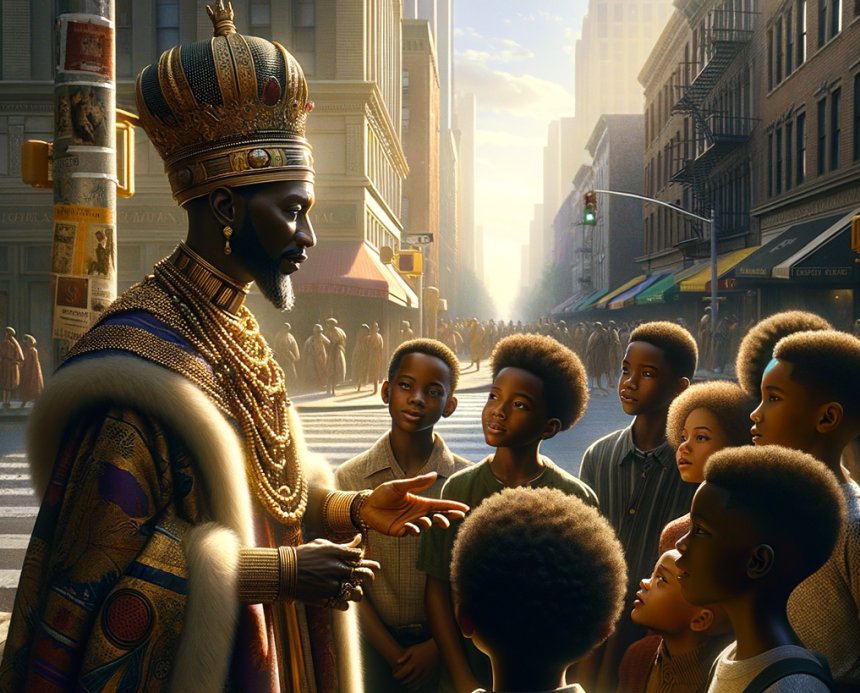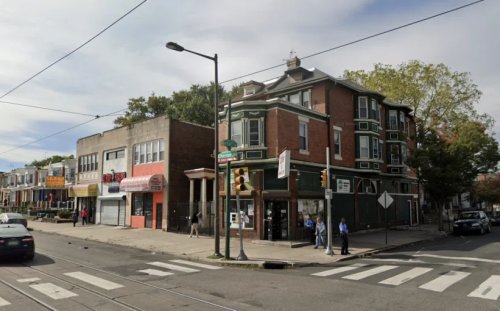The History of Black Liberation Theology
The Black Theology Movement was built upon the momentum of the Black Social Gospel Movement.
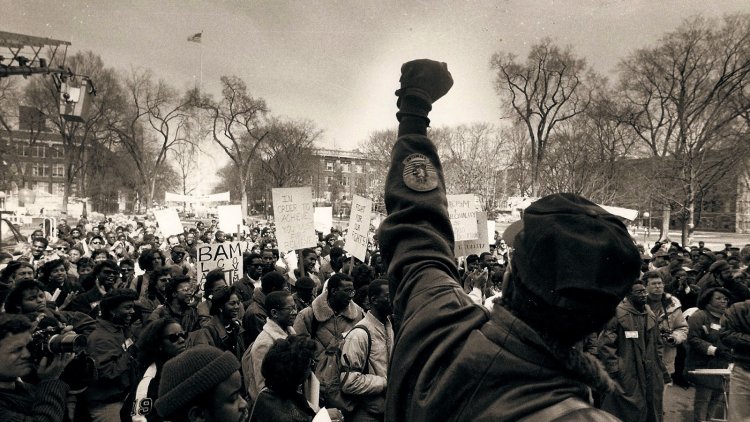
Dated usually from the publication of James Cone's seminal books, Black Theology and Black Power (1969) and A Black Theology of Liberation (1970), a black theology movement emerged that interpreted Christianity as a theology of liberation for the black community.
Occurring before the formal emergence of the Latin American liberation theology movement, the black theology movement built upon the momentum of the Black Social Gospel Movement, but withdrew its immediate inspiration from the Black Power Movement of the late 1960's and the tradition of urban Black ministers such as Adam Clayton Powell, Jr., Albert B. Cleage, Nathan Wright, and Ben Chavis who interpreted the urban riots of the 1960's as a stage in the black revolution.
Abandoning the Martin Luther King "turn the other cheek" tradition of Christian social struggle, Cone, C. Eric Lincoln, Leon Watts, and Bill Jones critiqued Christian theology from the perspective of the black revolutionary movement, interpreted the bible in terms of the history of Black community, and argued that Black theology was necessary because white American Christian theology defended the racial status quo and ignored the black freedom struggle.
After its institutional arm, the national committee of black churchmen, was founded in 1980's, the black theology movement spread among young black ministers and seminarians during the 1970's. But by the beginning of the 1980's, the movement was in decline, in part because of a sustained counterattack against radical black theology in main stream American religious organizations and the rise of conservative televangelists, many of whom, like Jerry Farewell and Jim and Tammy Baker, successfully wooed black worshipers away from black radicalism with an appeal to family values and interracial reconciliation through Christian fellowship.
Nevertheless, the movement spawned several spin-offs in the late 1970s and early 1980s, including a black womanist theology and an alliance between African Americans and Third World theologians in the Would Council of Churches' Commissions on Faith and Order.
